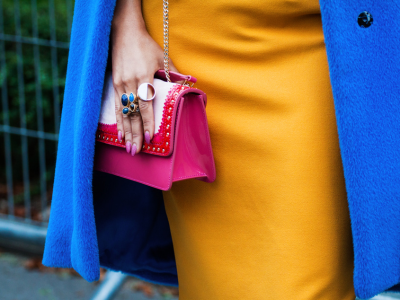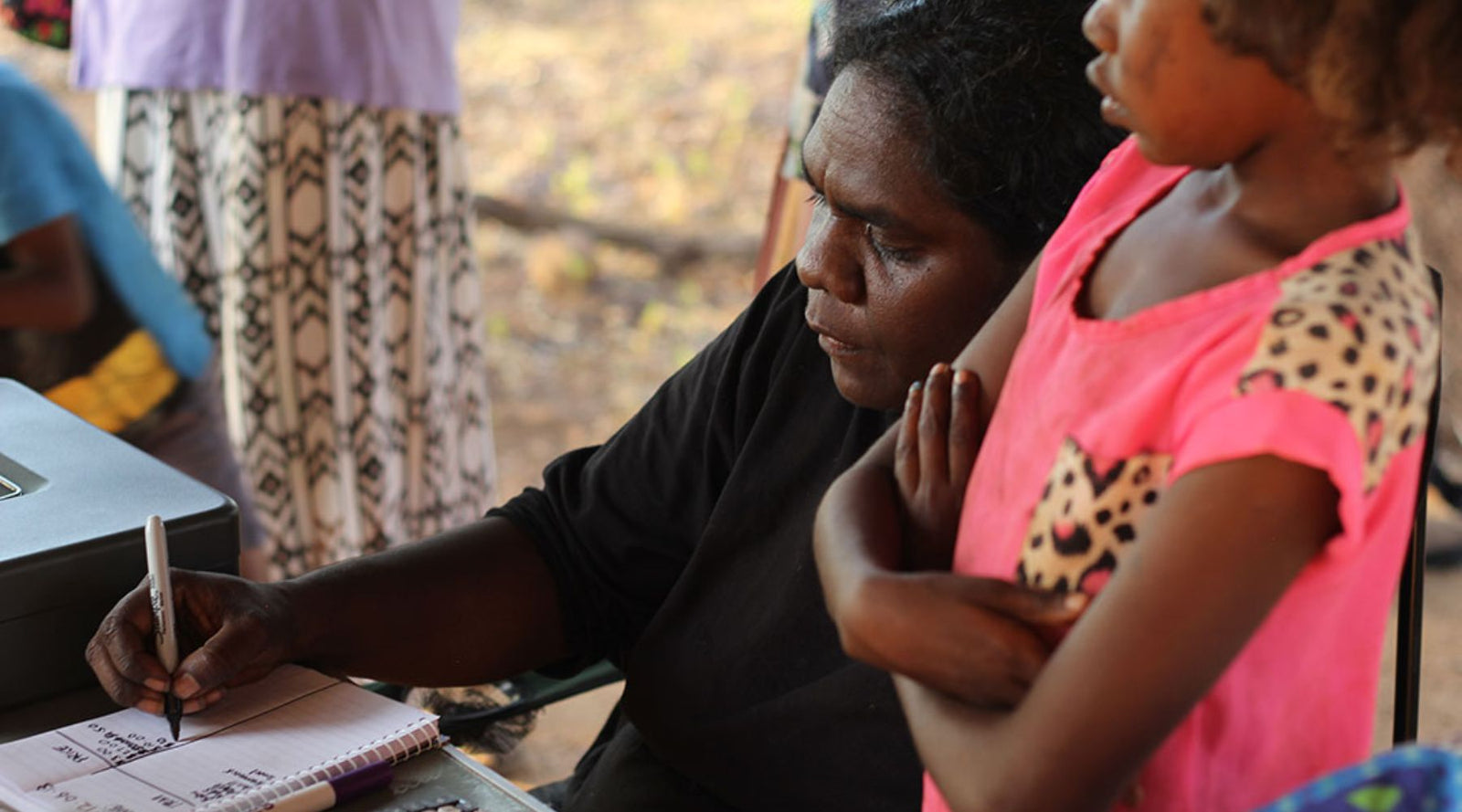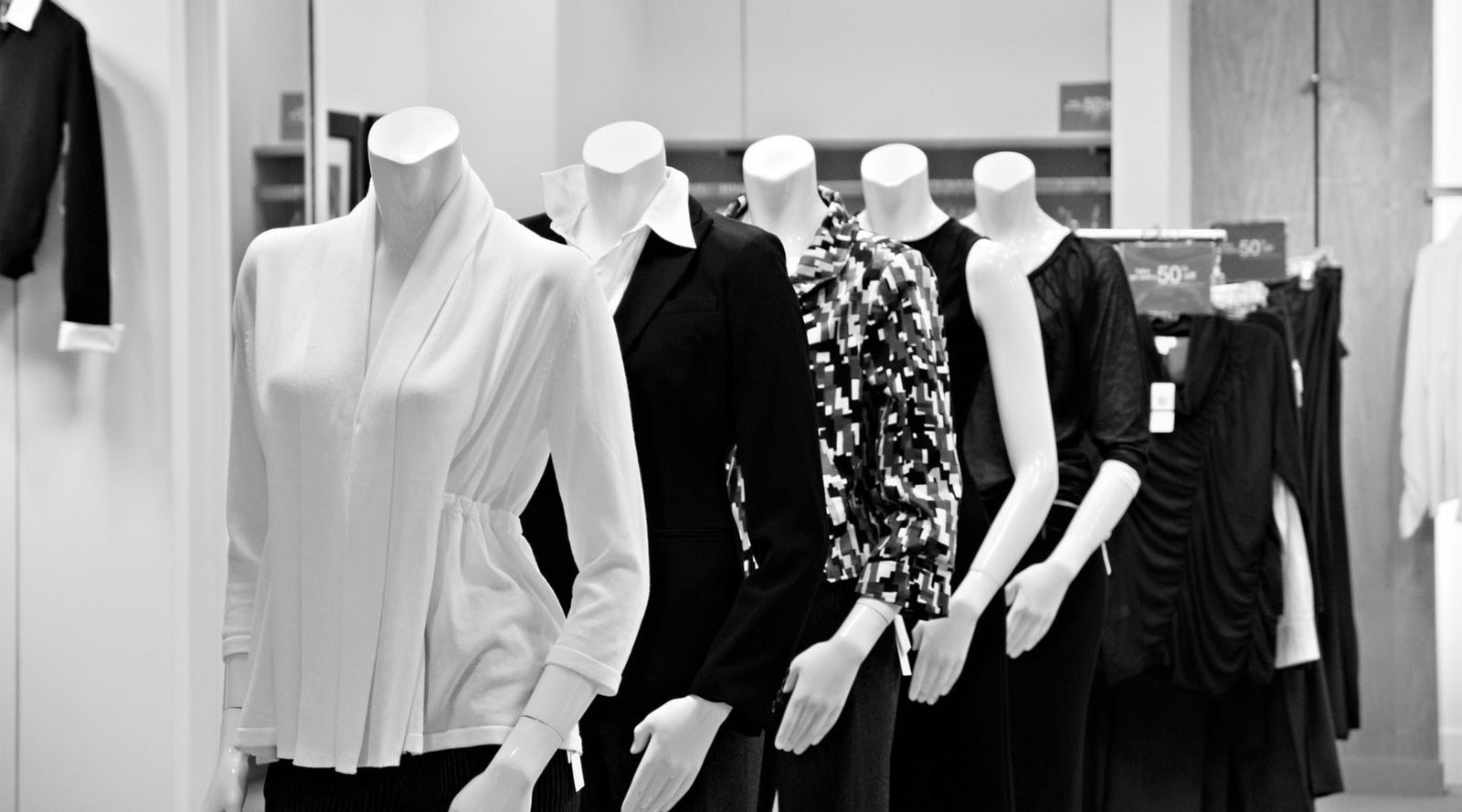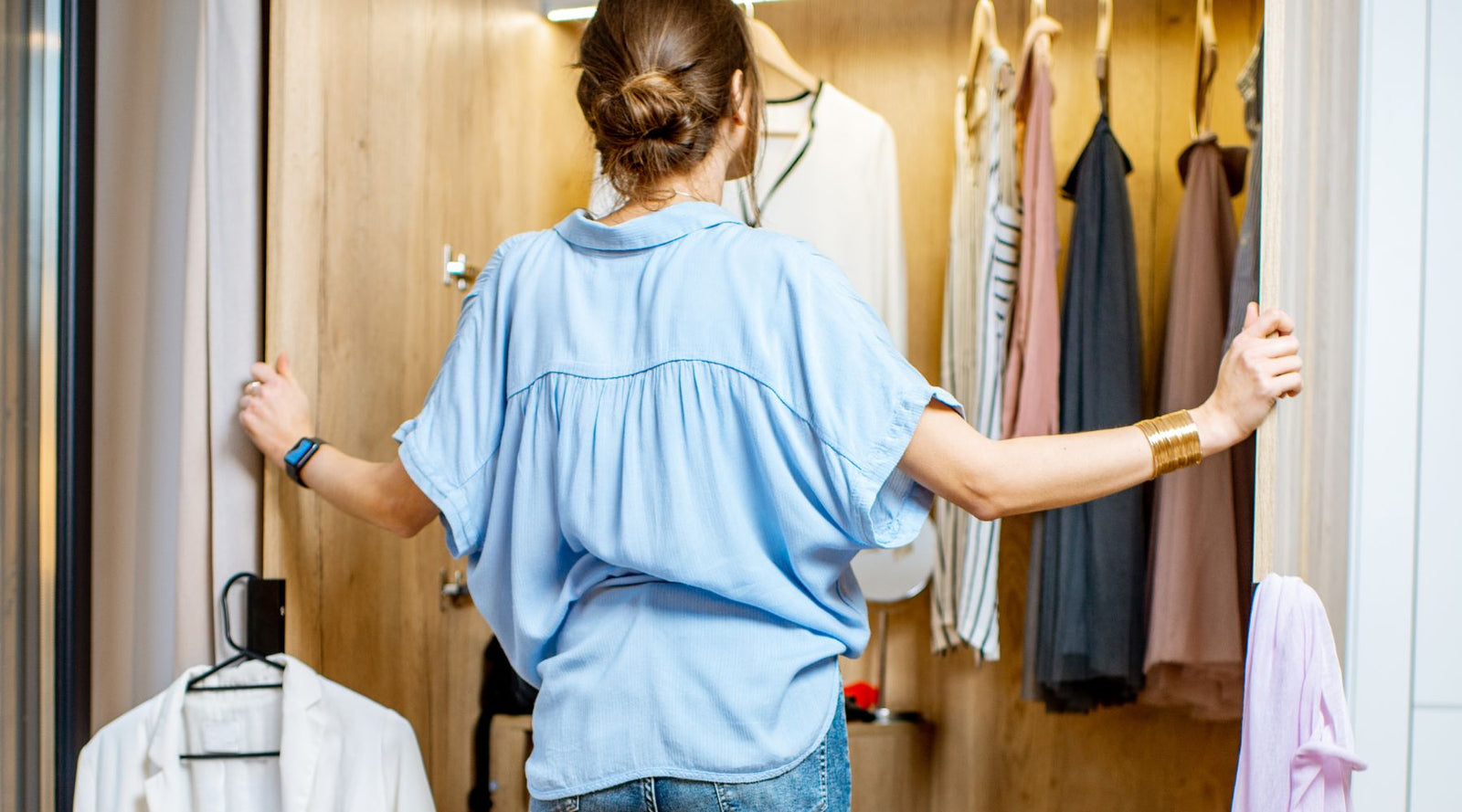Australia is the second-largest consumer of textile goods, importing and manufacturing over 1.4 billion units of new clothing every year.
Most of this is made from non-sustainable, non-durable materials. Reports indicate that over 200,000 tonnes of clothing goes to landfill each year.
The Remote Opshop Project harnesses this excess to tackle significant social and economic inequalities, bridging the gap for Australia’s most deserving peoples and promoting environmental sustainability.
The project supports the development of opshops in remote First Nations communities across Australia. These opshops are community-owned and led, equipping women with training in transferable skills required for the workforce. Currently, the Project has partnered with over 20 very remote communities, from Balgo in Western Australia to Maningrida in Arnhem Land, Northern Territory.
The opshops have three important functions:
1. Provide access to affordable clothing and household goods.
2. A platform for small business training that leads to future business and employment opportunities.
3. Generate independent funding to support local cultural projects.
The opshops operate as social enterprises underpinned by circular economy principles, diverting waste from landfill and empowering First Nations communities by transforming excess into opportunity.
The Remote Opshop Project is an integral piece in the Reluv puzzle, aligning with our mission to use clothing as a vehicle for change, and affect women right across the supply chain. Clothes not quite right for resale are sent to the Project to help provide much needed stock for the businesses to run.
To learn more visit www.remoteopshopproject.org











